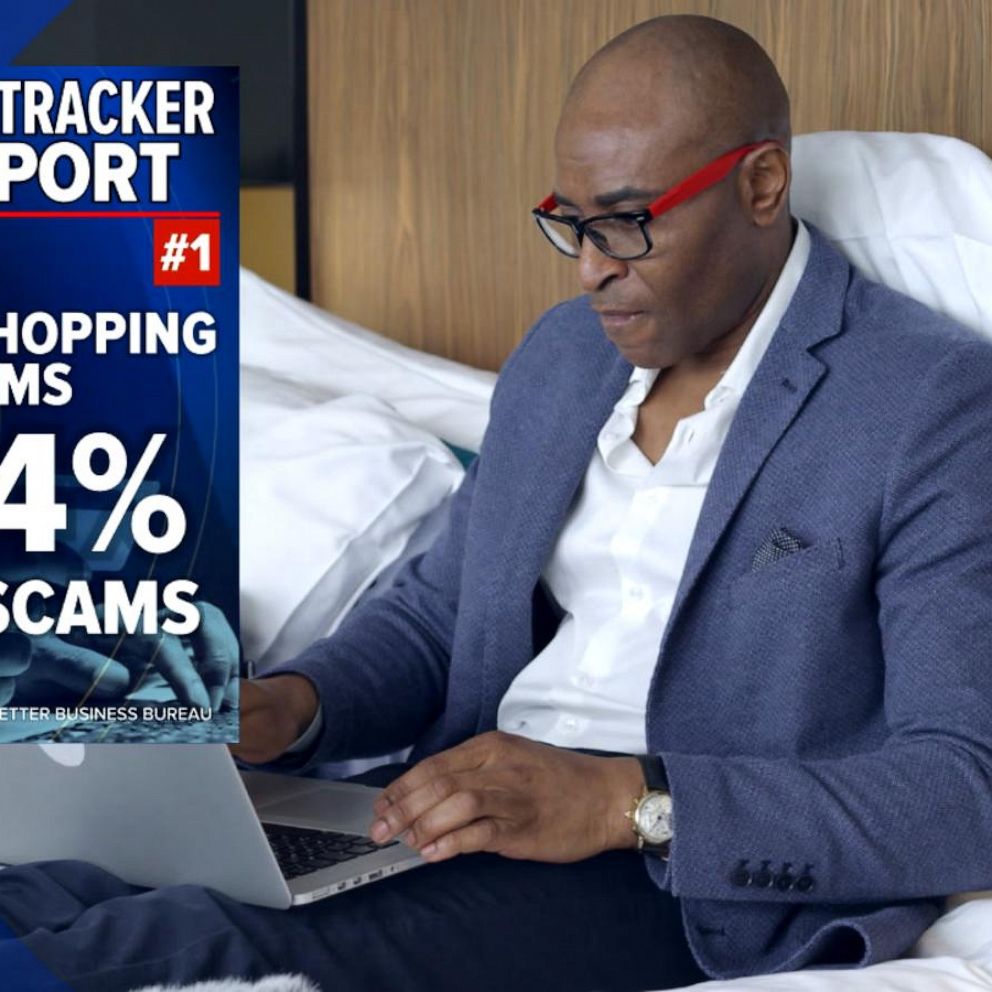Amazon warns about online scams: How to protect your money
Amazon is warning customers about an increase in online and mobile scams ahead of the holiday season.
According to Amazon, they have already initiated takedowns of more than 20,000 phishing websites and 10,000 phone numbers associated with impersonation schemes this year.
The retail giant said more than 50% of the impersonation scams its customers report are fake order confirmations.
"A scammer will send a fake order confirmation looking like you bought something online or in a store and pretend that you need to urgently contact customer service," Dharmesh Mehta, Amazon's vice president of selling partner services, told "Good Morning America," explaining how the scams often play out. "And they'll give you a link or a phone number to try and contact them."
Once a person reaches out, scammers may ask for anything from credit card or Social Security numbers or other personal information.
One example of a fraudulent text message someone may receive asks a potential Amazon customer to click a link to contact customer care if they didn't place an order. Upon closer inspection, the "o" in the word "order" is the number zero.

Another example of a fraudulent text message is one that offers information about a fake order and then asks a customer to call a phone number to request a refund.

"As our technology has become more sophisticated, scammers have become more sophisticated," Claire Rosenzweig, the CEO of Better Business Bureau of Metropolitan New York, told "GMA." "Scammers are going to try to use your emotions against you so that you react and give them what they want, which is usually your money or your personal information."
The Federal Trade Commission said it has received more than 3 million reports of impersonation scams since 2018, with consumers losing more than $6 billion.
To protect your personal information and your money, Amazon is advising customers:
- Do not to click on any suspicious links.
- Do not call or text any phone numbers you don't recognize.
- Be wary of any sense of urgency.
- When in doubt, contact customer service directly and file a report.
- When using email, look for the Amazon smile logo. That is an icon used to verify the message is directly from Amazon.
"If you want to check your real order history, if you want to really contact our customer service, you go to Amazon.com or use the Amazon app," said Mehta. "Don't fall prey to those scams."
If you think you have been scammed, experts recommend taking the following steps:
- Contact your bank immediately.
- Ask your bank to have the transaction reversed.
- Cancel your credit card.
- If you used a gift card, contact the company that issued the gift card and ask for a refund.
- For Amazon specifically, utilize the company's scam reporting feature at Amazon.com/reportascam.







